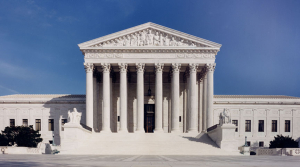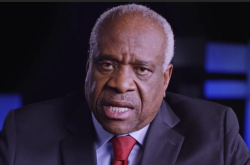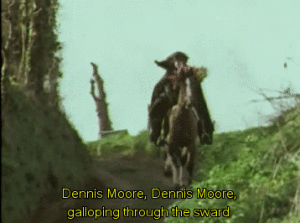
No takesie-backsies.
Once code goes open source it doesn’t go back. You can create a new version, create a new license around it, and sell that. But the old code remains free to see, free to fix, and free to change.
Oracle hates open source with a passion. Nothing else represents such an existential threat. Oracle’s business model is based on charging high and rising prices for its database software. If someone could create an alternative that was free, Oracle couldn’t exist.

Oracle closed the code by declaring the Application Program Interfaces (APIs), the instructions showing how the code worked, could be copyrighted. To Oracle, this now meant that any code whose creation relied on those APIs belonged to Oracle.
This is bullshit.

Finally, today, Google won.. The score was 6-2. Justice Amy Barrett hadn’t been in on the original argument. Justice Breyer wrote the decision. Justices Thomas and Alito dissented.
Breyer’s decision was sweeping and ran to 43 pages. But the Thomas dissent was both ignorant and dangerous.
In it, he calls the instructions code, no different than the program code. Since the copyright passed from Sun to Oracle on the purchase, he wrote, Oracle could declare the APIs property and thus keep others from changing, or “forking” the code. This runs counter to how computer code is created and used.
From this, Thomas goes on to claim that Google “decimated” Oracle’s copyright. His view would make all open source subject to monopoly rents, declaring instructions property even while the code itself remained free. You can have the code, but if you want to know how it works you pay, and I get to control the result. That’s not open source. That’s closed source.
Fortunately, today’s software industry doesn’t rely on companies like Sun, thanks to the suit and the possibility Oracle might have won. Software companies no longer write code, declare it open source, and run the group behind it. Today that’s done by foundations like Linux, Apache, and Eclipse, which promise to protect projects from such poaching.
In the end, software found a way around Oracle’s attempt to close open source. But it was a close-run thing.










